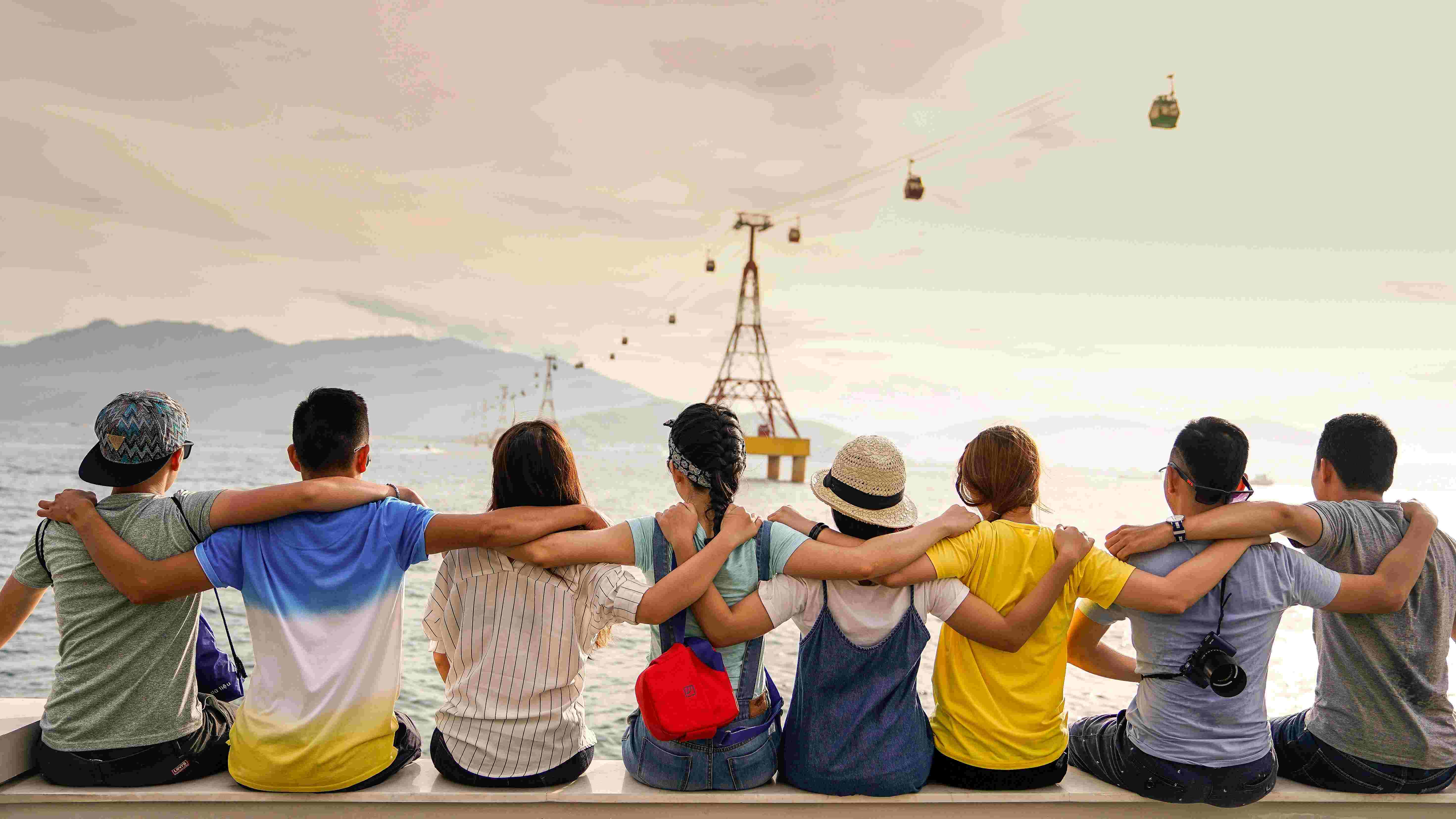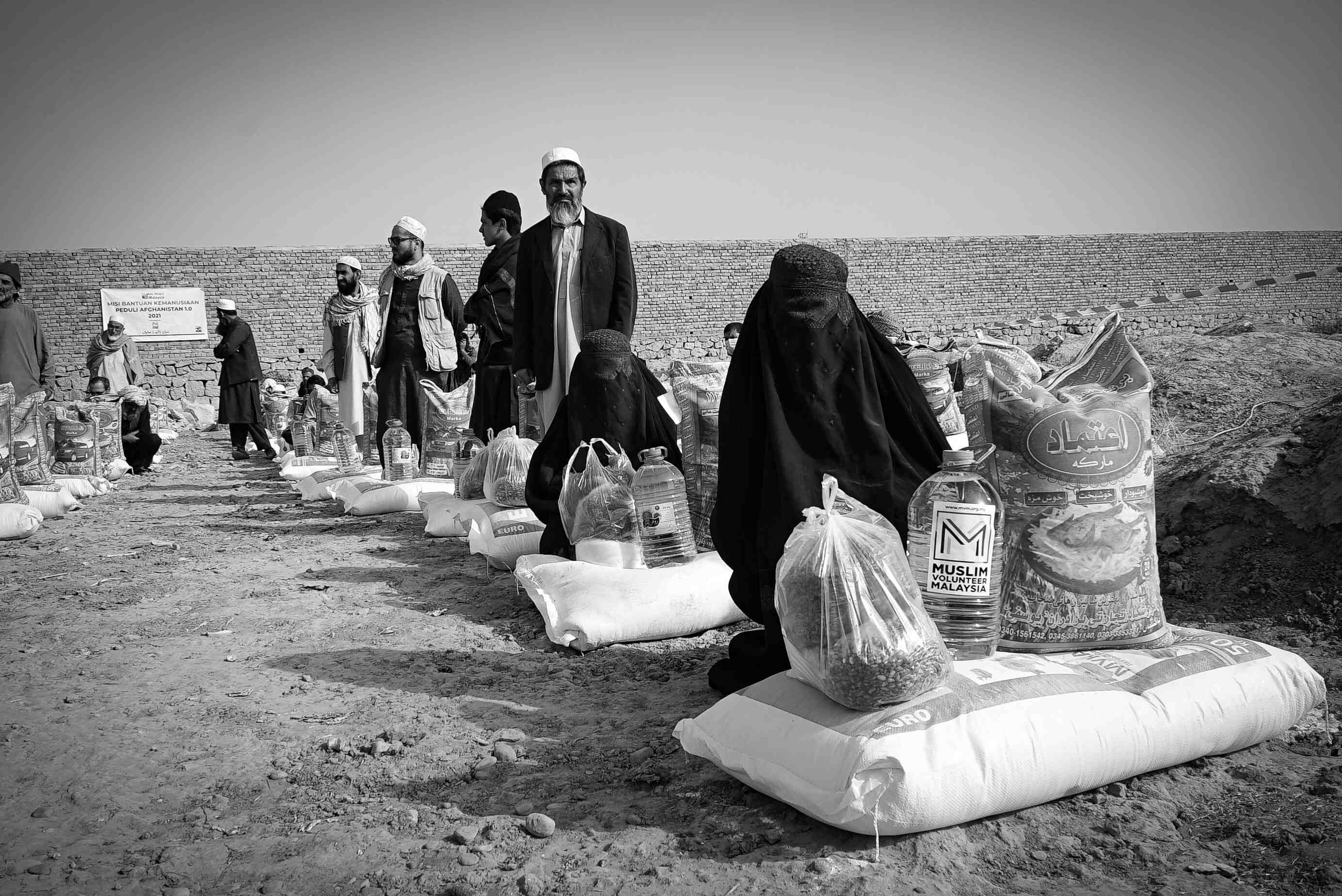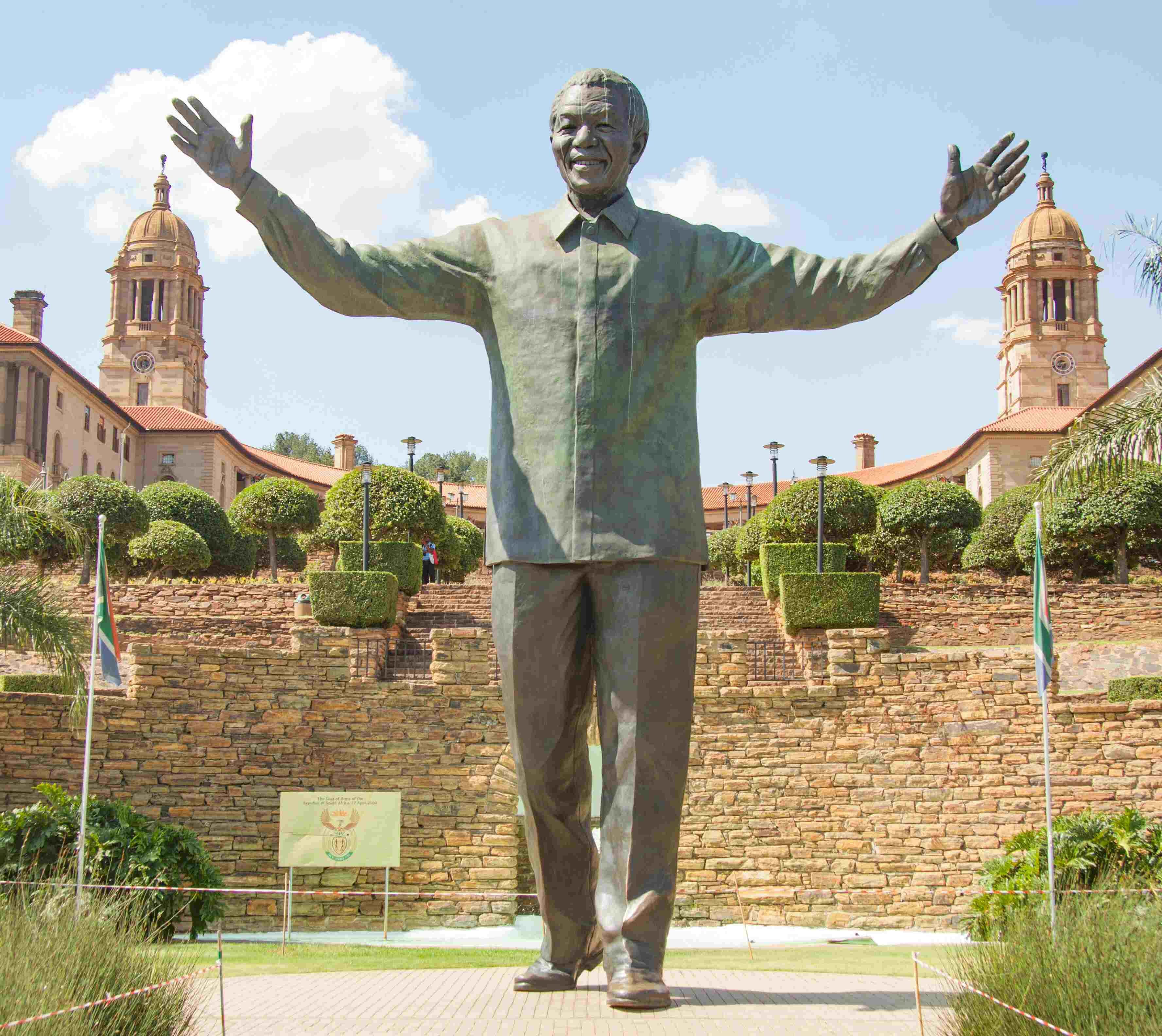Poverty eradication is the central focus of the United Nations' Sustainable Development Goals (SDGs), specifically highlighted by SDG 1, "No Poverty." The aim is to end poverty in all its forms everywhere by 2030, underlining the necessity of ensuring social protection for the poor and vulnerable, enhancing access to basic services, and supporting people harmed by climate-related extreme events and other economic, social, and environmental shocks and disasters.
However, poverty eradication is intrinsically linked to all the other SDGs due to its pervasive influence. It hinders the achievement of quality education (SDG 4) as children from low-income households often lack access to quality education. In terms of "Good Health and Well-being" (SDG 3), poverty can result in inadequate access to healthcare services, nutritious food, and sanitation facilities, leading to poor health outcomes.
Moreover, "Decent Work and Economic Growth" (SDG 8) is crucial for lifting individuals out of poverty. Creating sustainable work opportunities and ensuring fair wages can lead to improved living conditions and break the cycle of poverty. "Zero Hunger" (SDG 2) is another goal where eradicating poverty plays a significant role since poverty is a primary driver of food insecurity.
From a broader perspective, the concept of sustainable cities and communities (SDG 11) involves creating environments where all citizens, regardless of their income level, can access basic urban services. This includes affordable, secure housing, transportation, and green public spaces.
In terms of climate action (SDG 13), the poor are often the most vulnerable to climate change impacts, despite contributing the least to greenhouse gas emissions. Efforts to mitigate climate change must include strategies to lift people out of poverty.
International Human Solidarity Day 2026: Celebrating Unity and Collective Action for a Better World
Observed annually on December 20, International Human Solidarity Day emphasizes the importance of solidarity in addressing global challenges like poverty, inequality, and social exclusion. Established by the United Nations General Assembly in 2005, the day calls on governments, organizations, and individuals to work together to achieve the Sustainable Development Goals (SDGs) and promote human and social development across all nations.
2026’s International Day of Rural Women: A Global Call to Support Women in Rural Areas
Celebrated every year on October 15, International Day of Rural Women is a global event that recognizes the vital role of women in rural areas and brings awareness to the unique challenges they face. From farmers and entrepreneurs to community leaders, rural women play an essential part in sustaining communities and advancing economic development. This day highlights their contributions while advocating for greater equality and support.
World Humanitarian Day 2026
World Humanitarian Day is dedicated to recognizing humanitarian personnel and those who have died working for humanitarian causes. Designated by the United Nations General Assembly as part of a Swedish-sponsored resolution, this day is observed on August 19th. It commemorates the anniversary of the bombing of the UN Headquarters in Baghdad, which claimed the lives of Sérgio Vieira de Mello, the Special Representative of the Secretary-General to Iraq, and 21 of his colleagues.
International Day of Friendship 2026
International Day of Friendship is dedicated to recognizing the role of friendship in promoting peace and understanding across the globe. Proclaimed by the United Nations General Assembly in 2011, this day emphasizes the importance of friendship between peoples, countries, cultures, and individuals in building bridges and fostering harmony. Observed on July 30th, this day encourages activities and initiatives that promote dialogue, mutual understanding, and reconciliation.
World Humanitarian Day 2025
World Humanitarian Day is an international day dedicated to recognizing humanitarian personnel and those who have died working for humanitarian causes. Designated by the United Nations General Assembly, this day honors the efforts of those who risk their lives in the service of others. Observed on August 19th, it commemorates the tragic loss of Sérgio Vieira de Mello, the then Special Representative of the Secretary-General to Iraq, and 21 of his colleagues in the bombing of the UN Headquarters in Baghdad.
2025's Nelson Mandela International Day: Celebrating Unity and Service
Celebration and Recognition
Nelson Mandela International Day is celebrated annually on July 18th, Mandela's birthday, honoring his legacy and the values he stood for. In 2025, this day calls upon individuals worldwide to dedicate 67 minutes of their time to community service, reflecting the 67 years Nelson Mandela devoted to fighting for social justice.
Origin and Global Involvement







